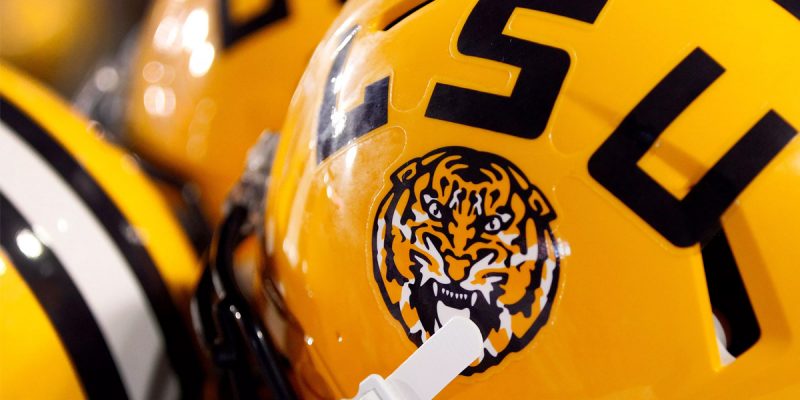If the Louisiana Legislature won’t reform campaign finance laws that convey questionable benefits to elected officials, at least it can change ethics laws in the narrow area of sporting and cultural events.
Back in the news whenever a big sporting event becomes relevant – in this instance Louisiana State University making the college Football Bowl Subdivision playoffs with the national championship game held in New Orleans – is the policy of some organizations to give legislators preferred access to tickets.
LSU does this when some of its teams qualify for postseason action, and in a larger sense that’s not controversial. It’s a state agency and as legislators pay full price – necessary because a ticket is a “thing of economic value” that would run afoul of ethics laws – there’s no foul. All they receive is the same head-of-the-line option to purchase tickets as do season ticket-holders.
But what of a non-state agency doing that? In this case, the intertwined organizations the Sugar Bowl and New Orleans College Football Championship Host Committee teamed up with LSU to offer legislators tickets to that game. In isolation, that’s not a problem either with lawmakers paying full price for the head-of-the-line status.
However, it does become a problem when one of these organizations receives state taxpayer dollars. For legislators who value access to such tickets, it creates an incentive to appropriate money to such a group. And the host committee did receive $4 million from the state.
So, it wouldn’t do harm to add to ethics laws a provision that any non-state sporting or cultural organization that receives directly money from the state, whether cash on the barrelhead or through subsidization, can’t offer preferred ticket access to elected state officials. Note that this would include the two professional teams currently receiving state largesse, the Saints and Pelicans of New Orleans.
Advertisement
In the current situation, it would mean that LSU could have offered preferred access for the Southeastern Conference championship game, and even to the Peach Bowl semifinal game, but not for the national championship matchup (if LSU somehow makes it past seven-time national champion the University of Oklahoma). Under this law, it could if the host committee didn’t receive taxpayer dollars, balancing the option of granting preference or not receiving any state money directly.
Of course, legislators have plenty of ways to dilute such a standard. Years ago, legislators blatantly stuck in budgetary line items to shovel state taxpayer dollars to the Sugar Bowl and Independence Bowl, for example, but now cagier means exist to get those bucks to favored entities indirectly. For example, part of the hotel/motel tax gathered in Bossier and Caddo Parishes the Legislature directs to the Shreveport-Bossier Convention and Tourist Bureau (over a half million dollars this year). That organization has signed on to sponsor the foundation behind the Independence Bowl, contributing cash to it. In essence, state taxpayer dollars become recycled into the Bowl’s coffers.
Still, the polity benefits from as much accountability and transparency as possible. Louisianans would have greater confidence that their elected officials work for them if this incentive for those policy-makers to pursue their own self-interest were removed.
Advertisement
Advertisement

